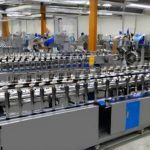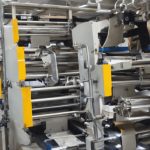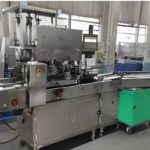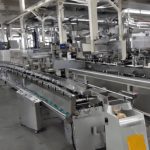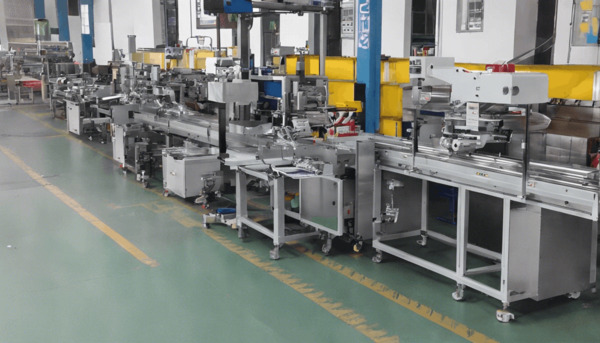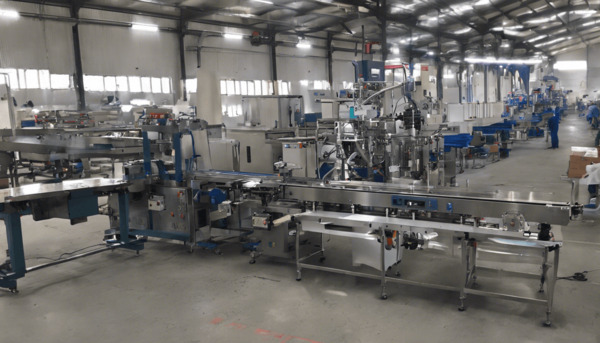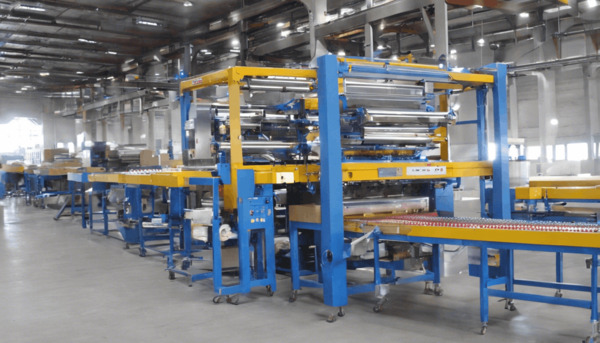
Understanding Packaging Machines
Packaging machines are an essential component in the manufacturing and distribution process, serving a critical role in ensuring products are safely and efficiently packed for storage, transportation, and sale. With a wide variety of packaging machines available, selecting the right one for your needs can be a complex task. This guide aims to provide you with a comprehensive understanding of how to choose a packaging machine that best suits your requirements.
Types of Packaging Machines
There are several types of packaging machines, each designed for specific tasks. Some common types include:
- Filling Machines: Used for filling products into containers, these machines are suitable for liquids, powders, granules, and more.
- Sealing Machines: These machines seal packages to ensure product safety and freshness.
- Wrapping Machines: Used to wrap products with materials like plastic film or paper.
- Labeling Machines: These machines apply labels to packages, providing essential information about the product.
- Cartoning Machines: Used for erecting, filling, and closing cartons.
- Palletizing Machines: These machines stack products onto pallets for storage and transportation.
Factors to Consider When Choosing a Packaging Machine
Selecting the right packaging machine involves considering several factors to ensure it meets your specific needs:
- Product Type: Consider the nature of the product you are packaging. Is it liquid, solid, granular, or powder? Different machines are designed to handle different types of products.
- Production Speed: Determine the speed at which you need to package your products. High-speed machines are ideal for large-scale production, while slower machines may be sufficient for smaller operations.
- Package Type: The type of packaging you require (e.g., bottles, pouches, boxes) will influence the choice of machine.
- Automation Level: Decide whether you need a fully automated machine or a semi-automated one, based on your production capacity and labor availability.
- Budget: Consider your budget constraints. While automated machines may have higher upfront costs, they can save money in the long run through increased efficiency and reduced labor costs.
- Space Availability: Ensure you have enough space to accommodate the machine, including room for operators and maintenance.
- Maintenance and Support: Consider the availability of spare parts and technical support for the machine. Machines with easily accessible support can minimize downtime.
Evaluating Machine Features
When evaluating packaging machines, pay attention to the following features:
- Flexibility: Machines that can handle multiple product types or packaging formats can be more cost-effective.
- Accuracy: Precision in filling, sealing, and labeling is crucial to maintain product quality and reduce waste.
- Ease of Use: User-friendly machines with intuitive controls can reduce training time and improve productivity.
- Durability: Machines made from high-quality materials will have a longer lifespan and require less frequent repairs.
Consulting with Experts
If you are unsure about which packaging machine to choose, consulting with industry experts or manufacturers can provide valuable insights. They can offer recommendations based on your specific needs and help you understand the latest technological advancements in packaging machinery.
Conclusion
Choosing the right packaging machine is a critical decision that can impact your production efficiency, product quality, and overall operational costs. By understanding the different types of machines, considering key factors, evaluating machine features, and consulting with experts, you can make an informed decision that aligns with your business goals. Remember that investing in the right packaging machine is an investment in the future success of your business.
